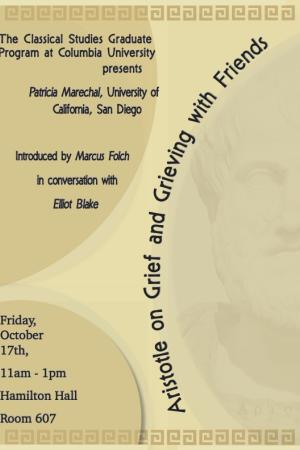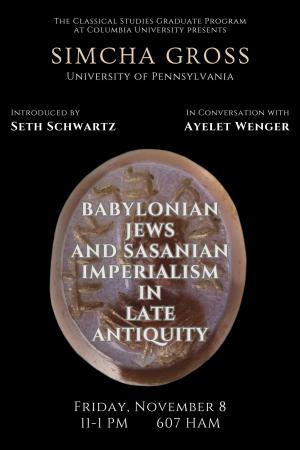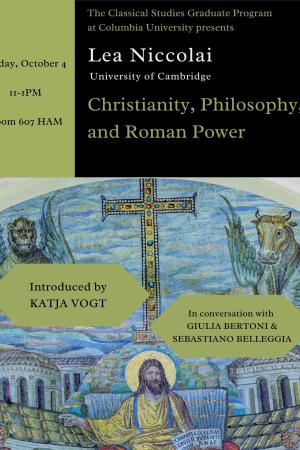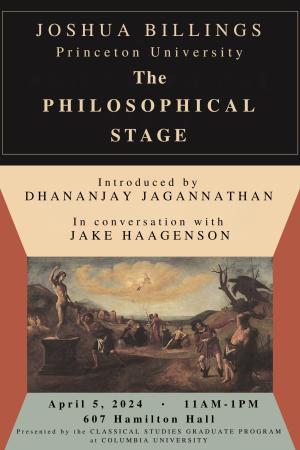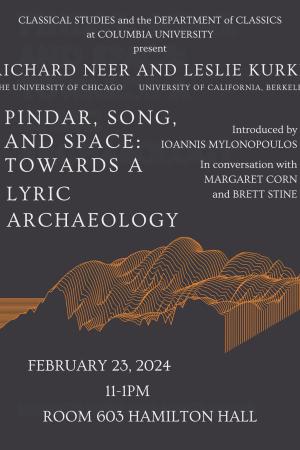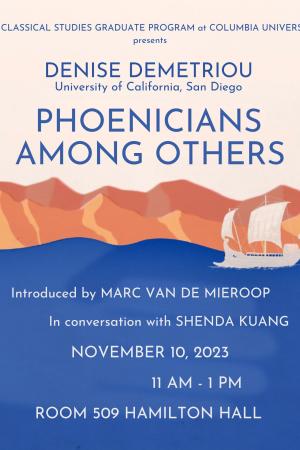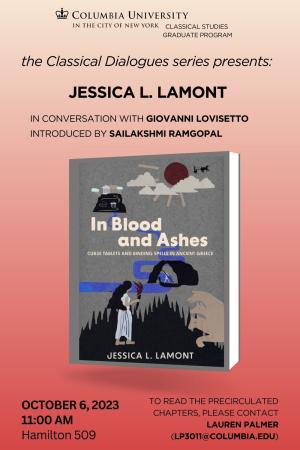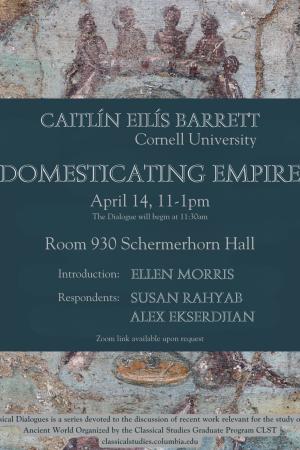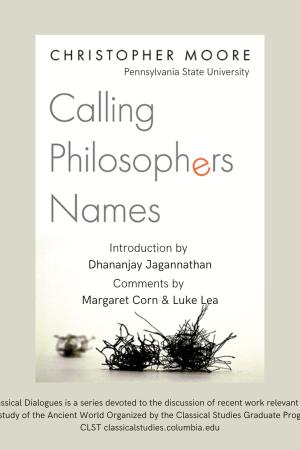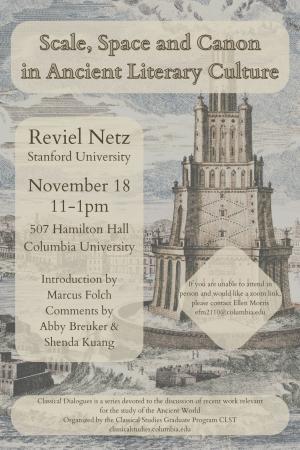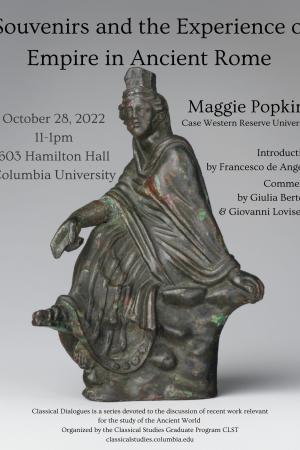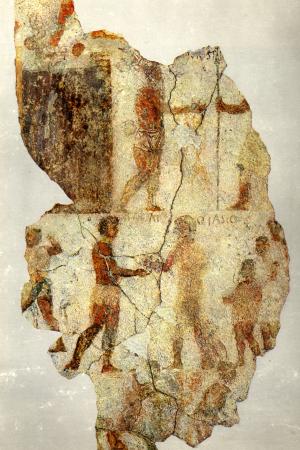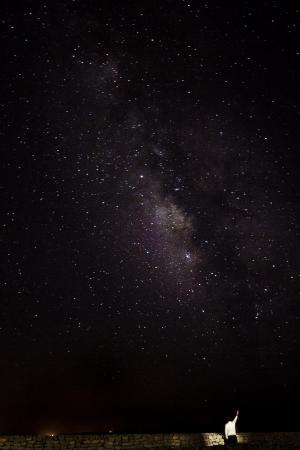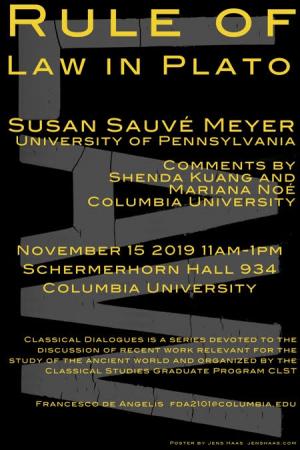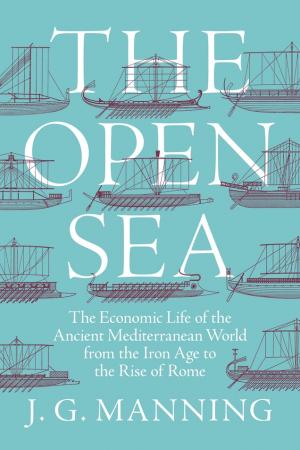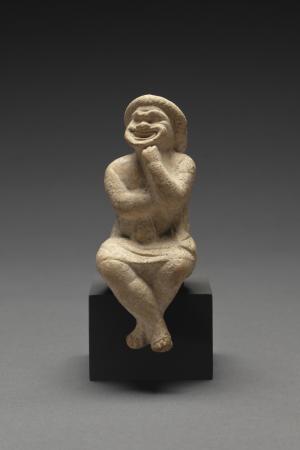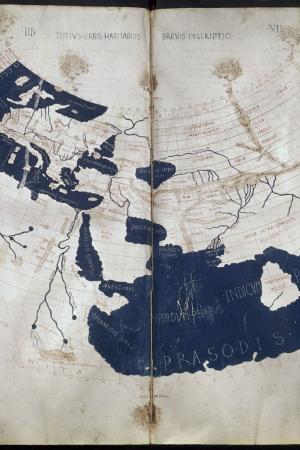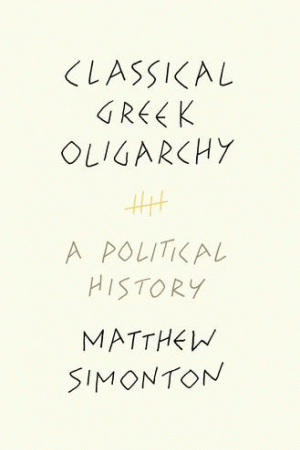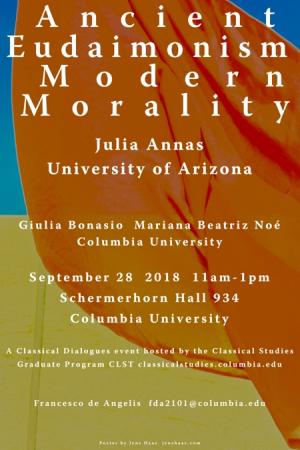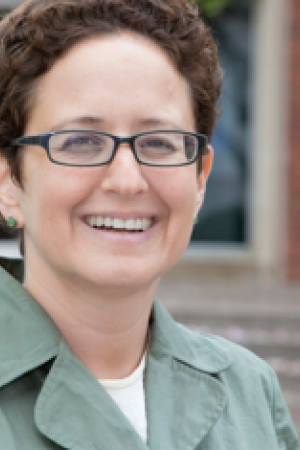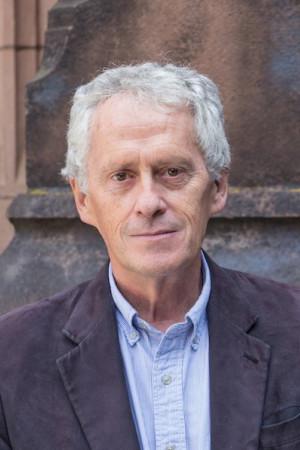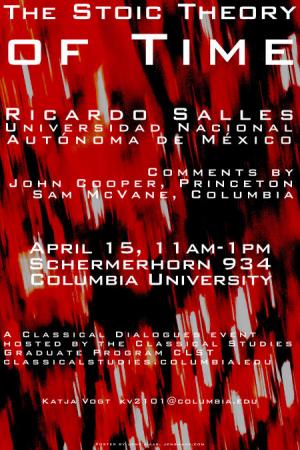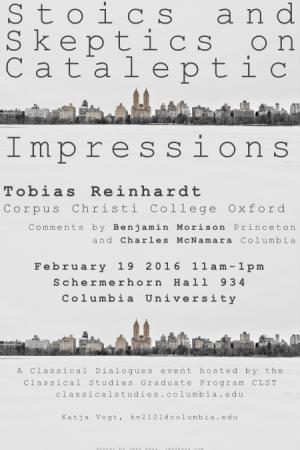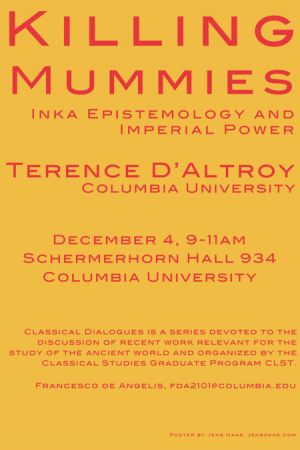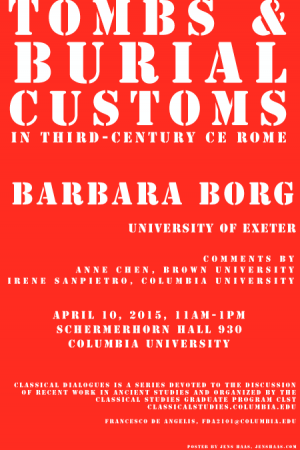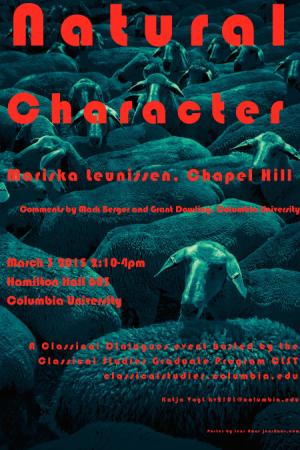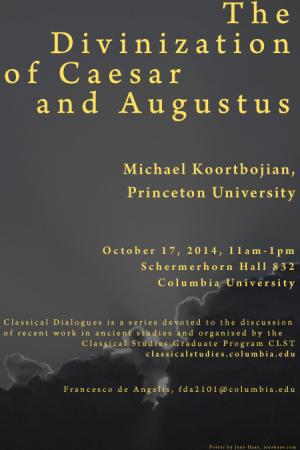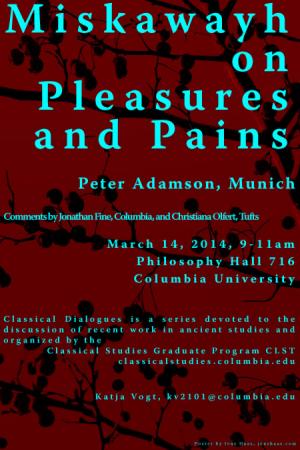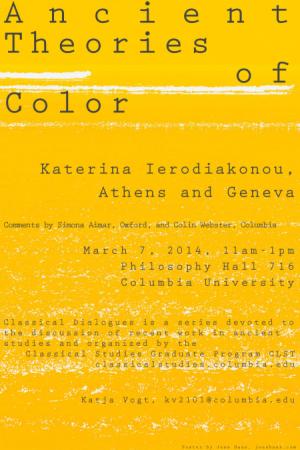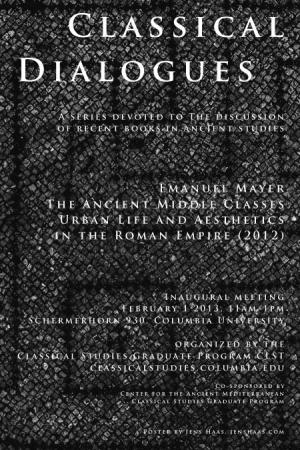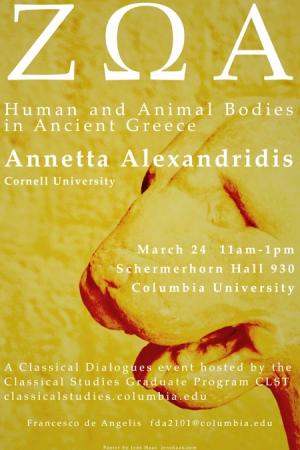As part of its Classical Dialogues series, the Classical Studies Graduate Program CLST at Columbia University is pleased to welcome Annetta Alexandridis from Cornell University. On Friday, March 24, 11am-1pm, Professor Alexandridis will discuss her ideas about Ζῷα: Images of the Body Between Man, Woman, and Animal in Ancient Greece. Location: Schermerhorn Hall 930, Columbia University. Please see Professor Alexandridis’s abstract below.
This book manuscript is an investigation into the ways in which ancient Greek society conceived of the animal in relation to the human. Based on the idea of the “extended mind,” as derived from phenomenology and cognitive studies, I propose that conceptions of species boundaries resulted not only from philosophical discourse and observation of nature, but also from interdependent notions of species and gender, and how these were experienced in various societal venues and practices.
The study traces the shifting barriers between human and animal in the body. Visual depictions of the transgression of species boundaries, namely in myths of metamorphosis (a human or anthropomorphic figure transformed into an animal) and zoophilia (sexual interaction between a human and an animal or theriomorphic figure), are put in conversation with the description of male and female bodies in the Hippocratic corpus and Aristotle’s biological writings.
The chapters I want to discuss investigate the iconographies of myths of metamorphosis in the 5th and 4th centuries BCE. I argue that what could be described as an increased blurring of species boundaries in these depictions, appears to be related to changing ways of seeing, performing and representing male, female and animal bodies in the context of symposium and theater.
In its Classical Dialogues series, the interdepartmental Classical Studies Graduate Program CLST at Columbia University invites authors of recent work in ancient studies that is exemplary for the kind of study that CLST aims to foster. All faculty and students at Columbia and beyond are cordially invited. CLST students are required to read carefully at least one chapter or article in advance and prepare questions and comments for discussion.
